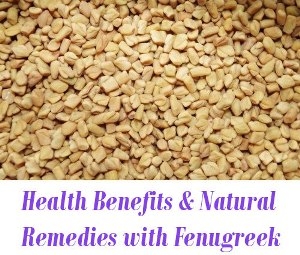Sunflower and its health benefits – A few interesting facts to know
An annual forb of the genus Helianthus, sunflower is one among the biggest flowers on earth. It’s very beautiful and many of its parts are edible, used as sunflower seeds or sunflower cooking oil. The monopoly of Europeans globally played a magnificent role in popularizing sunflower and its products among the people across the globe. It is commercially produced in many parts of the world such as Russian Union, UAE, Argentina, China etc. In India too, sunflower is produced as a crop.

Common peculiarities of sunflower
Flower stalk of sunflower may grow up to 3 meter height. The diameter of a sunflower may extend up to 30 cm. Its seeds are large and Helianthus is its scientific name, which was derived from Greek work, Helios (Sun) and Anthos (Flower). The plant grows in abundance in moist soil, and it loves sunlight a lot. Traditional species of sunflower definitely own a big flower at its tip.
When it is cultivated in large scale, different methods may be adopted. There are two types of sepals in a sunflower – big ray flowers arranged at the outer edge and inner layer with small sepals, which are edible. These small flowers later convert to edible seeds, used for different purposes.
Sunflower seeds have health and beauty benefits
Sunflower seeds are crispy and tasty, and can be consumed as quick snacks. They are energy boosters with 584 calories in 100 gms. They also have anti-oxidants, nutrients, minerals etc. They are abundant in Vitamin-E, a type of anti-oxidant. Thus it blocks aging, and improvises the health of skin and hair. If you consume sunflower seeds regularly, it can repair your hair and improve its health too.
Apart from anti-oxidants, the seeds also contain iron and a few more components. Iron can improve the amount of oxygen and thus improves the circulation of blood. It improves the blood circulation in the scalp resulting in hair growth. It’s also an excellent food supplement during autumn season. Dry climate can affect the health of hair and it may break. It can also lead to dandruff and hair loss. Sunflower seeds can resist such hair issues.
Sunflower seeds also contain linoleic acid, which can reduce the level of LDL and improves the level of HDL, thus good for health. Mediterranean food with Monounsaturated fats can reduce strokes and coronary artery diseases. Sunflower oil is used for cooking. This odour-less oil is one of the most sought cooking oils across the world, particularly in India. This oil is suitable for all type of cooking, and it can resist high temperature too, and hence an excellent choice for deep fry.
As per DRI (Dietary reference Intakes), 0.25 cup or 35 gms of dried sunflower seeds contain 82% of Vitamin-E, 43% of Vitamin B1, 345 of selenium, 33% phosphorous, 30% manganese, 28% Vitamin-B6, 27% Magnesium and 20% Folate.
Sunflower – Some interesting news and facts
- Which sunflower holds the world record of the tallest plant among the species? The plant grown by Hands Peter Shifer from Germany grew to a height of 30 feet 1 inch in 2014 currently holds the record.
- Sunflower is the national flower of Ukraine, and also the official state flower of Kansas State of US.
- When a sunflower bud blossoms, they express a special characteristic called heliotropism, where the flower has the tendency to face the sun throughout the day, and hence it changes direction in response to light – from morning to evening. So the flower faces east direction in the morning and west at sunset.
Image source: Pixabay
Also read health benefits of a few herbs and vegetables:






















Recent Comments